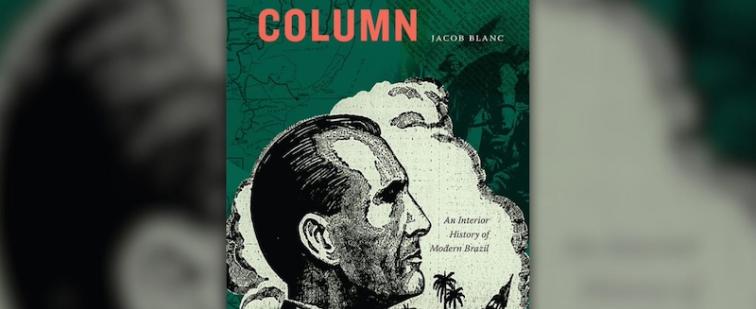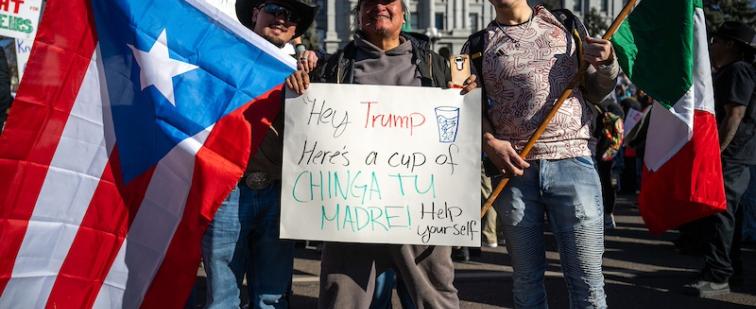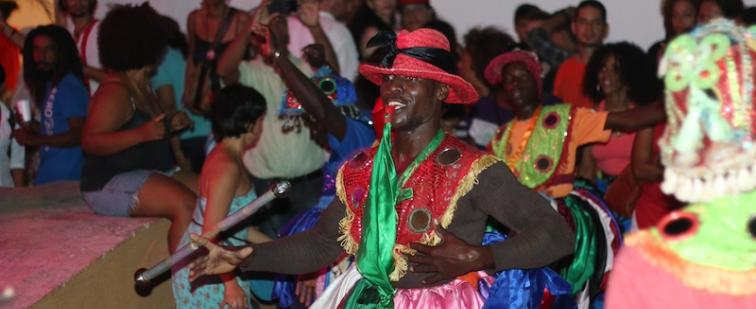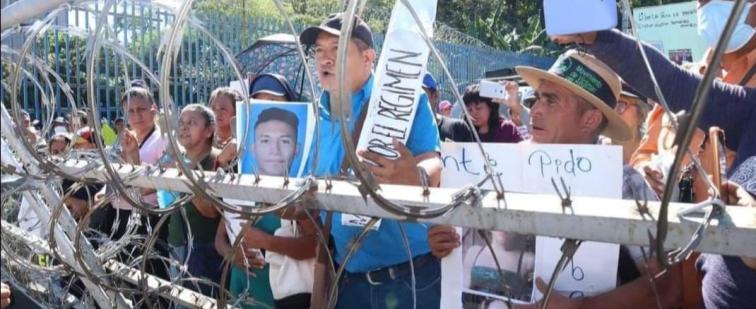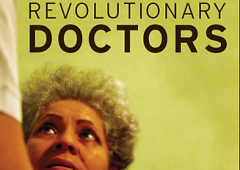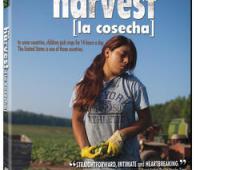May 24, 2012
This collection of photographs, taken on the U.S.-Mexico border between Arizona and Texas, depicts the story of an often silent and often deadly war. The photo essay is in memory of Alfonso Martinez Sanchez who lost his life to this war in the Arizona desert in early May, trying to reunite with his family in California after his deportation in March.
May 24, 2012
It's obvious that the U.S. government has set the agenda for The New York Times’ coverage of Honduras. As a likely result of the State Department’s relative silence on the ongoing human rights crisis in that country, The Times has deprived its readers of crucial news that could have provided some context for a recent U.S.-Honduras drug raid that likely killed innocent civilians.
The Other Side of Paradise
May 24, 2012
The banana industry has long been famous for the power and influence multinational corporations yield upon governments. Despite bananas being grown in nearly all tropical regions, 70% of the global banana market is controlled by only three corporations—Del Monte, Dole, and Chiquita. This two-part article looks at the corporate influences behind the demise of the Caribbean banana trade.
May 23, 2012
The second indigenous march in defense of Bolivia’s Isiboro-Sécure Indigenous Territory and National Park (TIPNIS) is taking place in a changed political climate, featuring a more aggressive government strategy as well as a multitude of urban conflicts. Whether the success of the first march can be replicated under these conditions remains an open question.
May 21, 2012
Alejandro Solalinde is a Catholic priest who runs the Hermanos en el Camino shelter in southern Mexico for migrants who are crossing the country on their way to the United States. For his efforts he has received both plaudits and death threats. Last week, at the suggestion of Mexican Bishops, international human rights organizations, and many of his political supporters, he decided to leave the country for at least six weeks.
May 21, 2012
In his new book, "Revolutionary Doctors: How Venezuela and Cuba Are Changing the World’s Conception of Health Care," author Steve Brouwer highlights the revolutionary health care practiced by Venezuela and Cuba. In this interview, Brouwer describes his new book and explains how these experiences are a road map to "a new kind of society."
May 17, 2012
Peruvian president Ollanta Humala was elected in 2011 as a left-wing “candidate of change,” promising to end corruption, strengthen national sovereignty, and expand social-welfare programs. But once in office, Humala quickly appointed neoliberal technocrats from previous administrations and struck out against major anti-mining mobilizations.
May 15, 2012
In this first-hand account of a back-and-forth between a federal judge and a young shackled migrant is a vivid look into the Border Patrolization processes happening in the country that will be a significant part of the new 2012-16 strategy, revealed to the public on May 8 with great fanfare.
May 14, 2012
Noriega’s buffoonish commentary in CNN would be more amusing if not for his hands-on experience in crafting devastating U.S. policies toward Latin America. Given his disturbing record, it is astonishing that CNN would produce a news piece on Venezuela through the lens of Noriega—a lobbyist with obvious conflicts of interest in Latin America.
May 14, 2012
U. Roberto Romano’s 2011 documentary The Harvest (La Cosecha) reminds us of the human cost of what we eat. “In some countries, children work 14 hours a day, seven days a week,” he explains in the film. “In some countries, children 12 and younger pick crops. The United States of America is one of those countries.”


